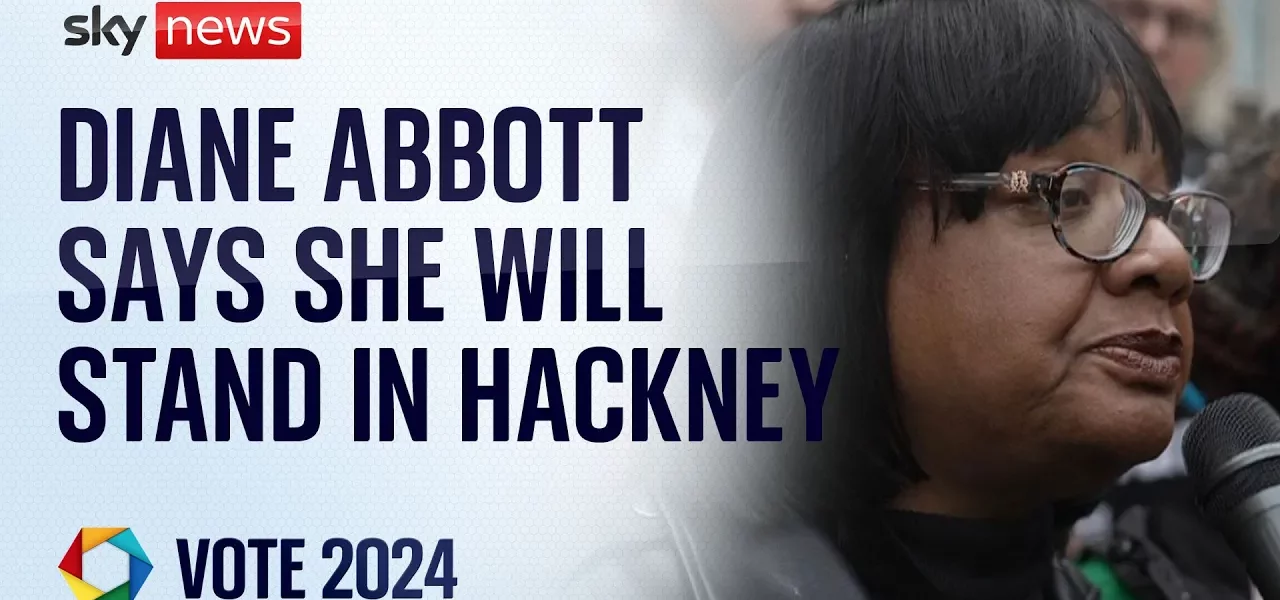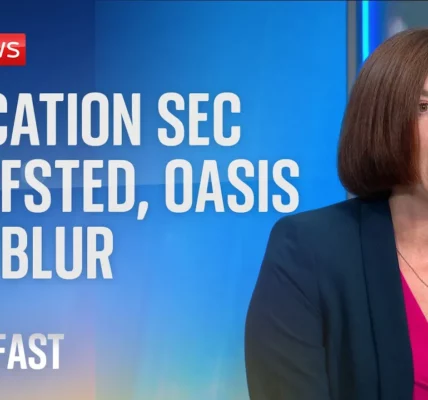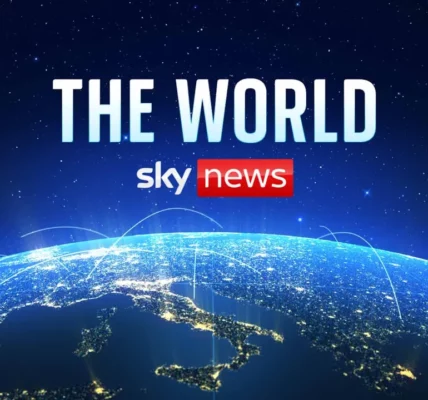We Stand With Diane Abbott: Political Landscape and Labour Party Dynamics

This article explores the current political situation surrounding Diane Abbott, the Labour Party’s first Black MP, her potential candidacy, and the broader implications for the party and the UK elections.
Introduction
Diane Abbott, a veteran of the Labour Party and a prominent figure in UK politics, finds herself at a critical juncture in her career. Recently, she revealed that she may be banned from running as a Labour candidate in the upcoming elections, an announcement that has sent shockwaves through her constituency and the wider political landscape. This article delves into Abbott’s historical significance, her current political challenges, and the implications for the Labour Party as it prepares for a pivotal election.
Diane Abbott: A Political Pioneer
Diane Abbott made history as the first Black woman elected to the UK Parliament in 1987. Over her nearly 40-year tenure, she has become a symbol of representation and resilience within the Labour Party. Her advocacy for social justice, education, and health has resonated with many constituents and party members alike.
Abbott’s Contributions to Politics
- Advocate for diversity and inclusion within the political sphere.
- Championed policies focused on education and health reforms.
- Active in campaigning for the rights of marginalized communities.
Despite her contributions, Abbott’s journey has not been without controversy, especially in recent years as political dynamics shift within the Labour Party.
The Controversy Surrounding Abbott’s Candidacy
At a recent rally, Diane Abbott expressed her shock upon learning of a potential ban from running as a Labour candidate, stating, “It is as if you are not allowed to be a Labour MP unless you’re prepared to repeat everything the leader says.” This statement underscores the tensions within the party and raises questions about the future of its leadership.
Party Dynamics and Leadership
Within the Labour Party, there has been growing concern about the current leadership’s direction and its treatment of long-standing members like Abbott. The contrasting views between party leadership and members highlight a significant rift.
Key Points of Tension
- Leadership’s perceived control over candidate selection.
- The struggle for party members to express dissenting opinions.
- Concerns over inclusivity and representation in decision-making processes.
Abbott’s threat to stand as an independent candidate for Hackney North reflects her commitment to her constituents and her refusal to be sidelined.
The Broader Political Implications
The political landscape in the UK is shifting rapidly, with the latest Sky News YouGov poll indicating Labour’s significant lead over the Conservatives, showing a 27-point advantage. This gap raises questions about the strategies employed by the Conservative Party under Rishi Sunak’s leadership.
Polling Insights
The stark polling data presents a challenge for the Conservatives as they attempt to regain footing. Several factors contribute to this situation:
- Public dissatisfaction with current government policies.
- Perceptions of Rishi Sunak’s political capabilities.
- Labour’s effective communication of their vision for the future.
Rishi Sunak’s Leadership Challenges
Rishi Sunak’s leadership is under scrutiny as many within his party express doubts about his ability to appeal to voters. The question remains whether he can pivot from a centrist approach to resonate with a broader audience as the election draws closer.
Conclusion
The future of Diane Abbott as a Labour candidate remains uncertain, but her determination to represent her constituents is unwavering. The unfolding political drama within the Labour Party, coupled with the current polling landscape, sets the stage for a highly contentious election. As the parties prepare for the upcoming vote, the need for clear communication and strategic adjustments is paramount.
Ultimately, the political choices made in the coming weeks will shape the future of the UK and its leadership. For those interested in the political landscape, staying informed and engaged is more crucial than ever. We encourage readers to follow ongoing developments and consider their role in the electoral process.
“`




